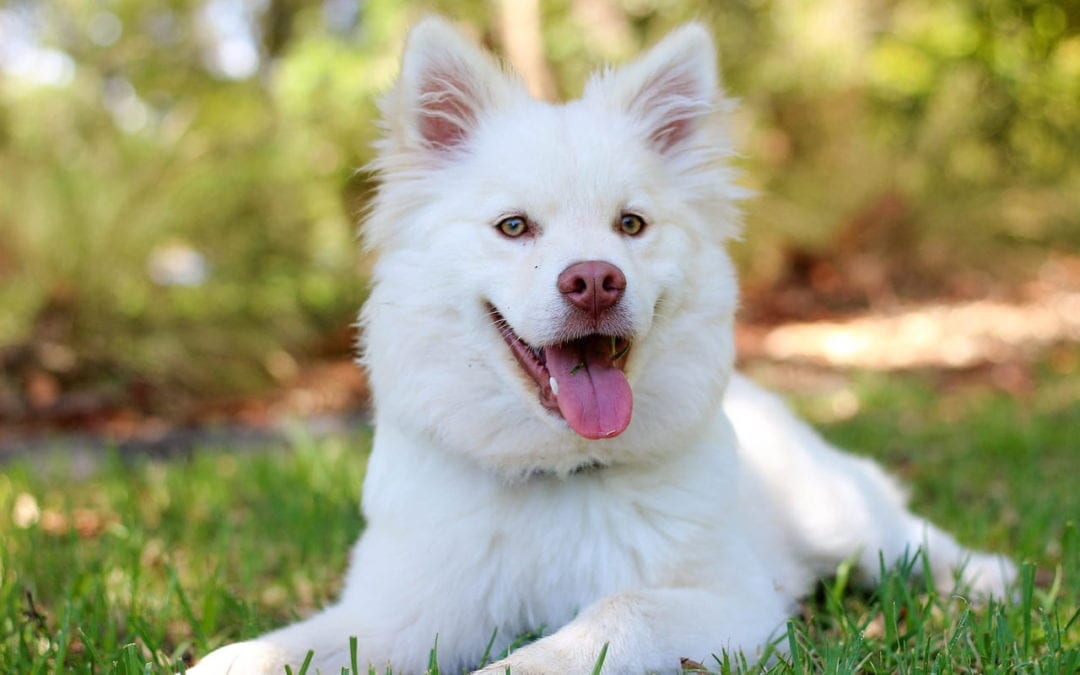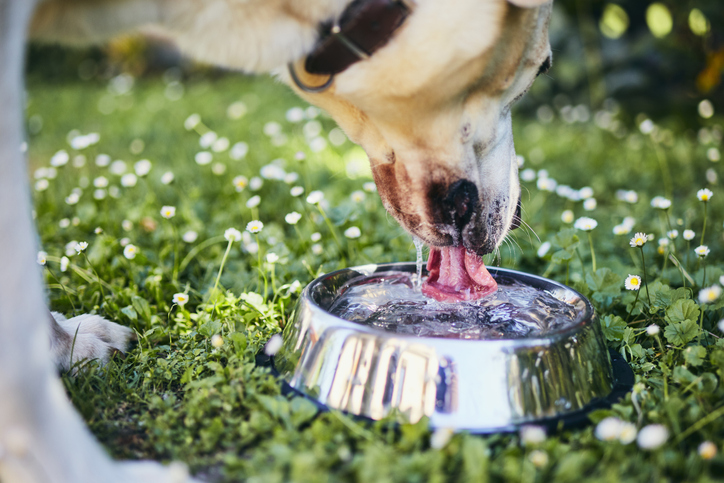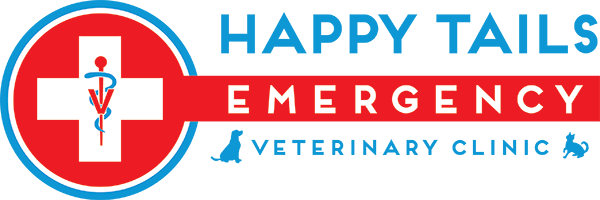My Dog Won’t Drink Water, What Do I Do?

As a pet owner, one of the most important things to keep an eye on is your dog’s water consumption. Water is essential for keeping your dog hydrated and maintaining its overall health and well-being. However, there may be times when you notice that your dog isn’t drinking as much water as they usually do, and you may be wondering what you should do.
If your dog won’t drink water, try identifying the cause and implementing strategies to encourage them to drink. This can include changing their water source, adding flavor, and offering ice cubes. If your dog isn’t drinking enough water or showing signs of dehydration, it’s essential to consult a veterinarian for proper diagnosis and treatment. Remember, monitoring your dog’s water intake is crucial for maintaining its overall health.
In this article, we will explore the importance of hydration for dogs, identify why your dog may not be drinking water, investigate the underlying causes of dehydration, provide strategies for encouraging your dog to drink more water, and discuss when you should seek help from a veterinarian.
Understanding Water Consumption in Dogs
Dogs, like all living creatures, need water to survive. Water is essential for maintaining the balance of bodily fluids, regulating body temperature, and flushing out toxins from the body. It also plays a vital role in maintaining skin, coat, and kidney health. In general, dogs need to drink water every day to stay hydrated. However, the water they need will vary depending on their size, age, and activity level.

Understanding Why Your Dog May Not Be Drinking Water
There can be many reasons why your dog may not be drinking water. Some of the most common causes include changes in diet, medications, and dental problems. Certain medical conditions such as kidney disease, diabetes, and Cushing’s disease can also affect your dog’s water consumption.
It’s also possible that your dog may not be drinking water because of environmental factors such as a change in the water source or the introduction of a new pet. Before you can figure out how to help your dog drink more water, it’s essential to identify the underlying cause of the problem.
Investigating the Underlying Causes of Dehydration
Dehydration in dogs can happen for several reasons, some of which include the following:
- Not drinking enough water due to changes in diet, medications, or dental problems
- Increased water loss due to excessive panting or vomiting
- Medical conditions such as kidney disease, diabetes, and Cushing’s disease can affect your dog’s water consumption
- Environmental factors such as a change in the water source or the introduction of a new pet
- In some cases, it could be a symptom of a more serious underlying condition.
If you suspect your dog is dehydrated, it’s important to take them to the vet as soon as possible. The vet will be able to examine your dog and run any necessary tests to determine the cause of the dehydration. They will also be able to recommend the best course of treatment for your dog.

Strategies for Encouraging Your Dog to Drink More Water
Once you’ve identified the cause of your dog’s lack of water consumption, you can take steps to encourage them to drink more water. Some strategies you can try include:
- Changing their water source. Some dogs may prefer drinking from a specific bowl or a running water source.
- Adding flavor to their water. Some dogs may be more inclined to drink water if it’s flavored with a small amount of chicken broth or apple juice.
- Offering ice cubes. Many dogs enjoy chewing on ice cubes, which can help to encourage them to drink more water.
Knowing When to Seek Help from a Veterinarian
If you’ve tried different strategies and your dog still isn’t drinking enough water, or if you notice any other signs of dehydration, such as sunken eyes, dry gums, or lethargy, it’s essential to seek help from a veterinarian. They will be able to determine if there is an underlying medical condition causing your dog’s lack of water consumption and can provide the appropriate treatment.
The Role of Monitoring Water Consumption in Your Dog’s Health
Monitoring your dog’s water consumption is essential to maintaining its overall health and well-being. By keeping an eye on their water intake and encouraging them to drink more water, you can help ensure that they stay hydrated and healthy.
The amount of water an average-sized dog needs to drink can vary depending on their size, age, activity level, and overall health. Dogs should generally drink about 1 ounce of water per pound of body weight per day. A 50-pound dog, for example, should drink about 50 ounces of water daily. Dogs that are more active or live in hot climates may need to drink more water to stay hydrated. It’s also important to note that dogs may get little water from their food.
If you notice any changes in your dog’s water consumption or have any concerns, it’s essential to seek help from a veterinarian as soon as possible.
Conclusion
In conclusion, water is essential to your dog’s diet and their everyday life. By understanding the importance of hydration for dogs, identifying the reasons they may not be drinking water, investigating the underlying causes of dehydration, providing solutions for promoting drinking, and knowing when to seek help from a veterinarian, you can help ensure that your dog stays hydrated and healthy. Remember, your pet’s well-being is essential, and you should always be aware of their water consumption.
If your pet is in need of emergency care or you have questions about why your dog won’t drink water, please call us at (336) 288-2688. Our team here at Happy Tails Emergency Veterinary Clinic is more than happy to assist you!
Recent Posts
About Us
At Happy Tails Veterinary Emergency Clinic in Greensboro, NC, our kind and knowledgeable team is available to provide gold standard emergency vet care for you and your pet. We’re available in the late night and early morning hours during the week, and 24/7 on weekends for your convenience.
